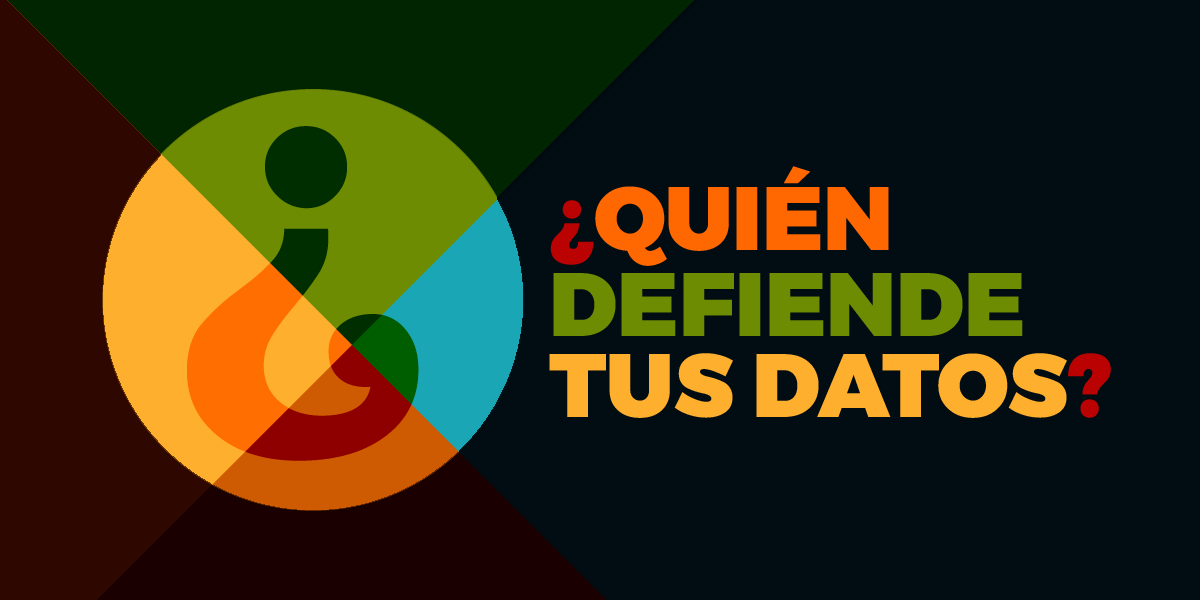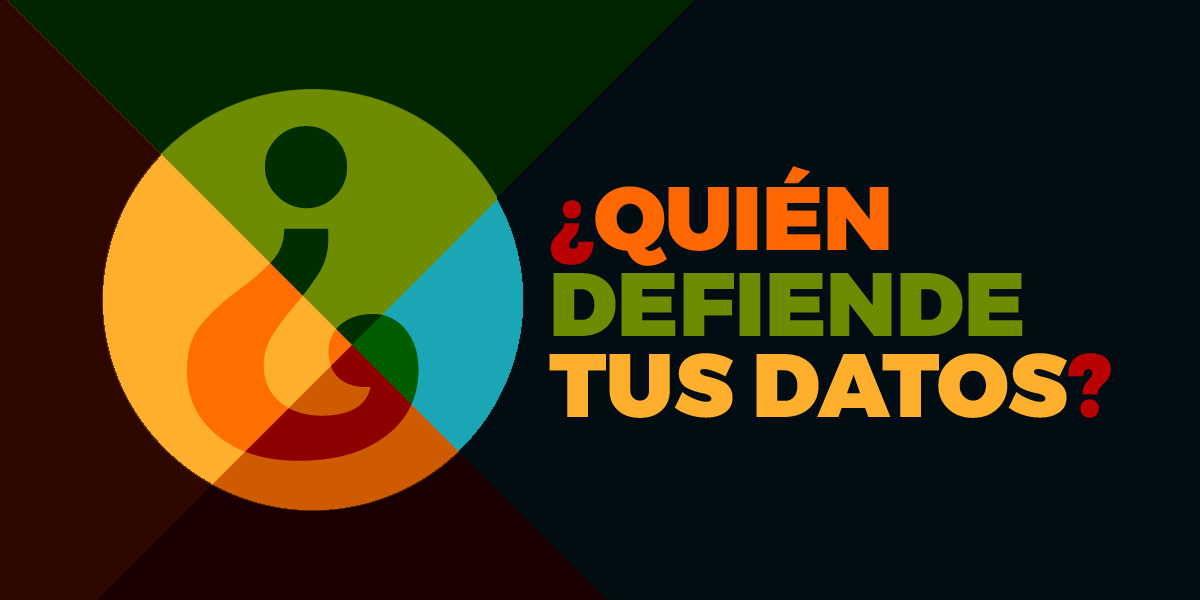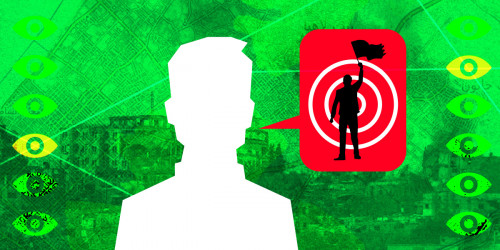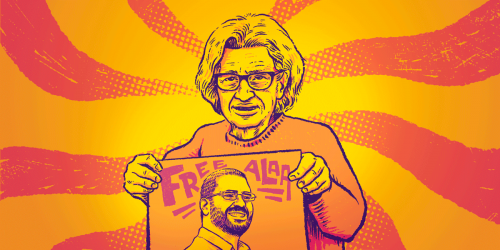Telecom and internet service providers in Panama are entrusted with the personal data of millions of users, bearing a responsibility to not only protect users’ privacy but also be transparent about their data handling policies. Digital rights organization IPANDETEC has evaluated how well companies have lived up to their responsibilities in ¿Quien Defiende Tus Datos? (“Who Defends Your Data?”) reports released in 2019, 2020, and 2022, which showed persistent deficiencies.
IPANDETEC’s new Panama report, released today, reveals that, with a few notable exceptions, providers in Panama continue to struggle to meet important best practice standards like publishing transparency reports, notifying users about government requests for their data, and requiring authorities to obtain judicial authorization for data requests, among other criteria.
As in its prior reports, IPANDETEC assessed mobile phone operators Más Móvil, Digicel, and Tigo. Claro, assessed in earlier reports, was acquired by Más Móvil in 2021 and as such was dropped. This year’s report also ranked fixed internet service providers InterFast Panama, Celero Fiber, and DBS Networks.
Companies were evaluated in nine categories, including disclosure of data protection policies and transparency reports, data security practices, public promotion of human rights, procedures for authorities seeking user data, publication of services and policies in native languages, and making policies and customer service available to people with disabilities. IPANDETEC also assessed whether mobile operators have opposed mandatory facial recognition for users' activation of their services.
Progress Made
Companies are awarded stars and partial stars for meeting parameters set for each category. Más Móvil scored highest with four stars, while Tigo received two and one-half stars and Digicel one and a half. Celero scored highest among fixed internet providers with one and three-quarters stars. Interfast and DBS received three-fourths of a star and one-half star, respectively.
The report showed progress on a few fronts: Más Móvil and Digicel publish privacy policy for their services, while Más Móvil has committed to follow relevant legal procedures before providing authorities with the content of its users’ communications, a significant improvement compared to 2021.
Tigo maintains its commitment to require judicial authorization or follow established procedures before providing data and to reject requests that don’t comply with legal requirements.
Más Móvil and Tigo also stand out for joining human rights-related initiatives. Más Móvil is a signatory of the United Nations Global Compact and belongs to SUMARSE, an organization that promotes Corporate Social Responsibility (CSR) in Panama.
Tigo, meanwhile, has projects aimed at digital and social transformation, including Conectadas: Empowering Women in the Digital World, Entrepreneurs in Action: Promoting the Success of Micro and Medium-sized Enterprises, and Connected Teachers: The Digital Age for teachers.
All three fixed internet service providers received partial credit for meeting some parameters for digital security.
Companies Lag in Key Areas
Still, the report showed that internet providers in Panama have a long way to go to incorporate best practices in most categories. For instance, no company published transparency reports with detailed quantitative data for Panama.
Both mobile and fixed internet telecommunications companies are not committed to informing users about requests or orders from authorities to access their personal data, according to the report. As for digital security, companies have chosen to maintain a passive position regarding the promotion of digital security.
None of the mobile providers have opposed requiring users to undergo facial recognition to register or access their mobile phone services. As the report underlines, companies' resignation "marks a significant step backwards and affects human rights, such as the right to privacy, intimacy and the protection of personal data." Mandating face recognition as a condition to use mobile services is "an abusive intrusion into the privacy of users, setting a worrying precedent with the supposed objective of fighting crime," the report says.
No company has a website or relevant documents available in native languages. Likewise, no company has a declaration and/or accessibility policy for people with disabilities (in physical and digital environments) or important documents in an accessible format.
But it's worth noting that Más Móvil has alternative channels for people with sensory disabilities and Contact Center services for blind users, as well as remote control with built-in voice commands to improve accessibility. Tigo, too, stands out for being the only company to have a section on its website about discounts for retired and disabled people.
IPANDETEC’s Quien Defiende Tus Datos series of reports is part of a region-wide initiative, akin to EFF’s Who Has Your Back project, which tracks and rates ISPs’ privacy policies and commitments in Latin America and Spain.











